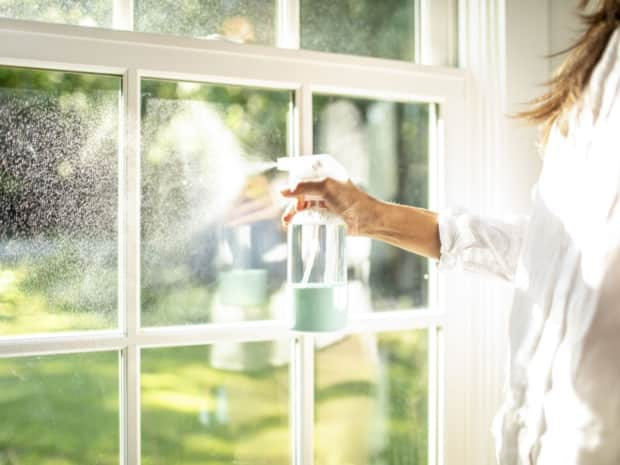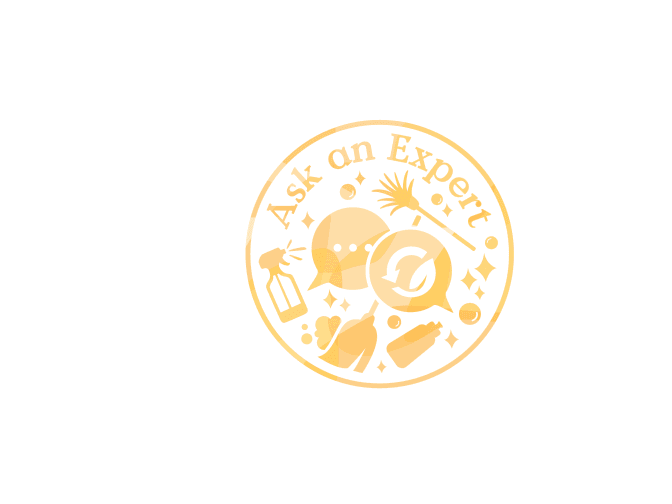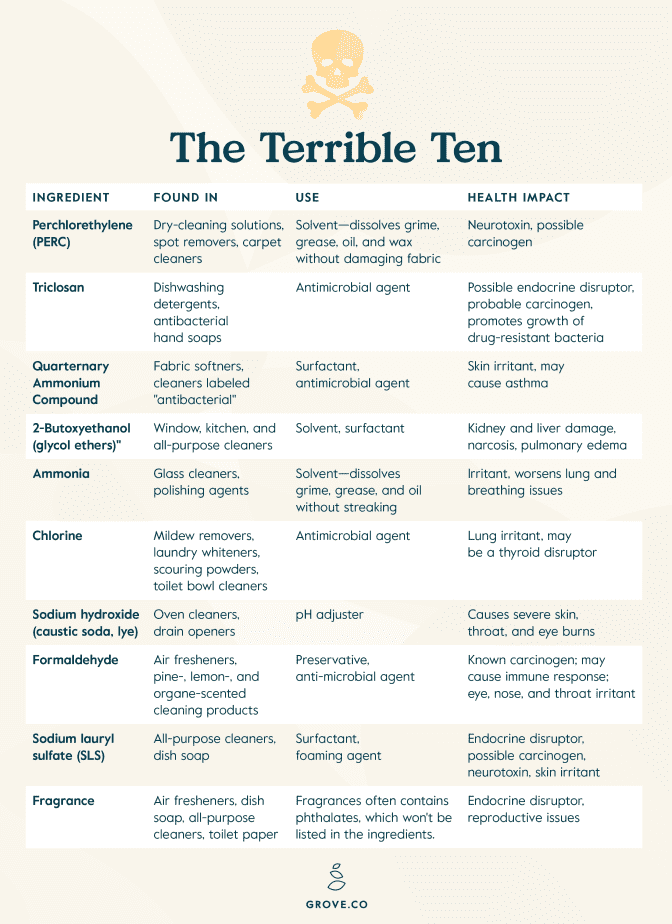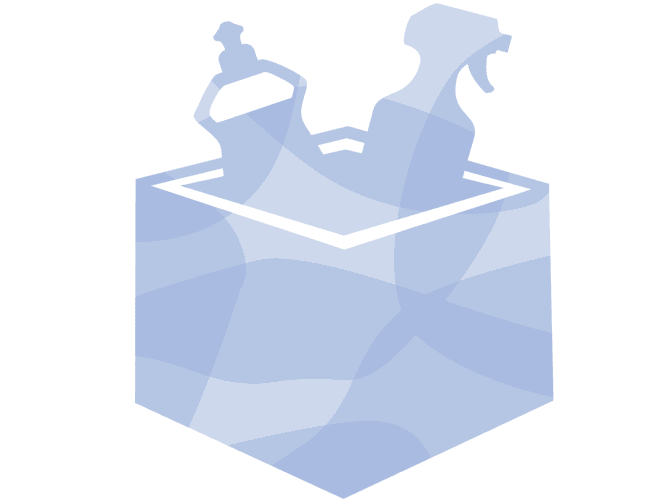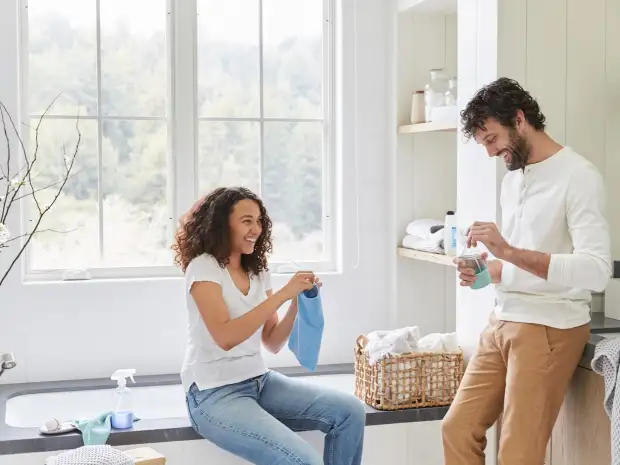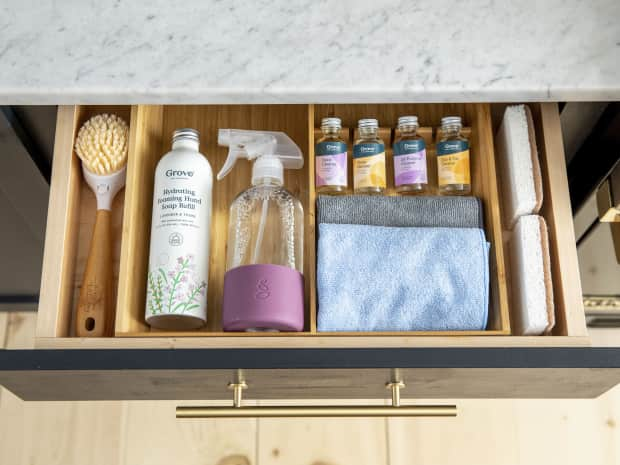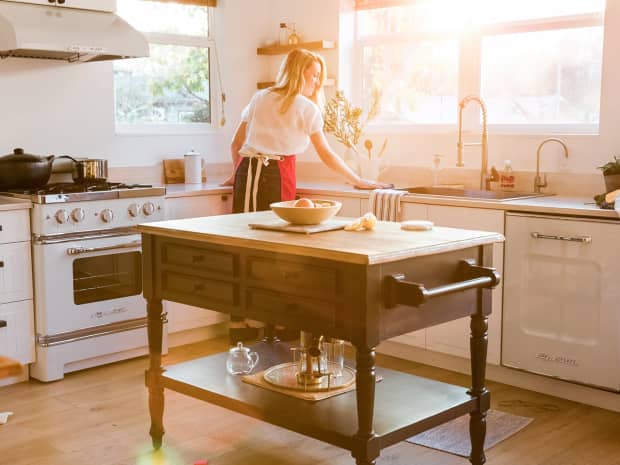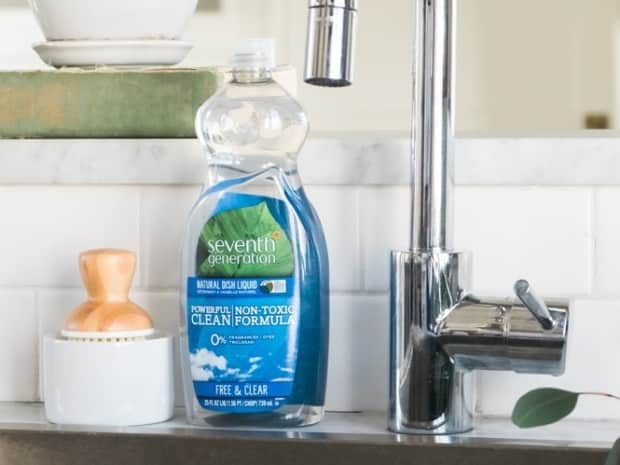To dump or not to dump
Most conventional cleaning products, from all-purpose sprays to window cleaners are water-soluble and designed for compatibility with a wide variety of wastewater and septic tank systems. Using up your old cleaners is ideal, but more often than not, it’s okay to dump them down the drain, although they’d be better put to use cleaning!

